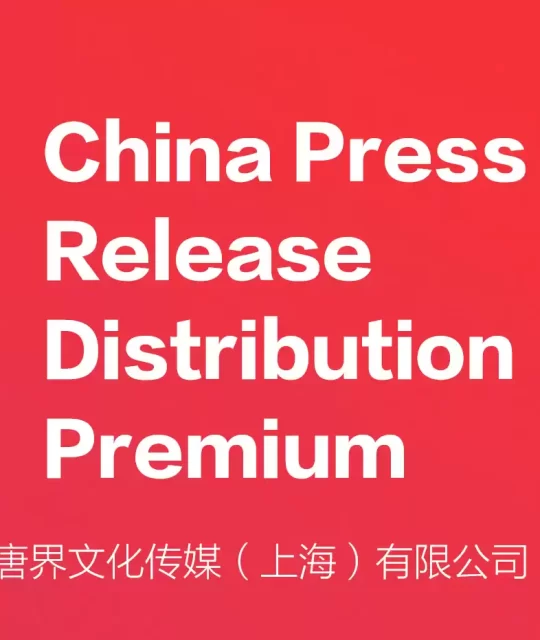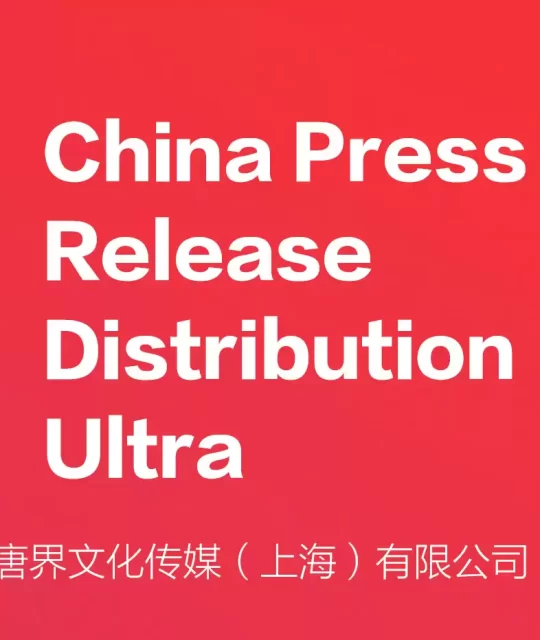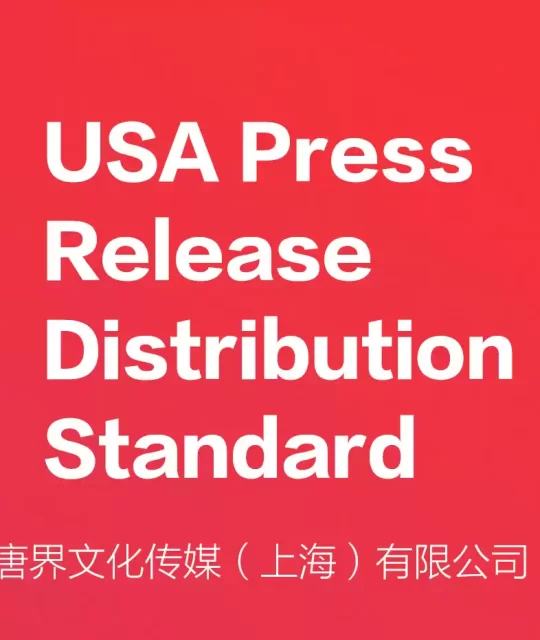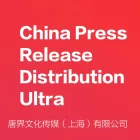Shanghai, one of China’s most vibrant and international cities, is a key market for foreign FMCG brands looking to enter the Chinese market. Known for its modernity and cosmopolitan atmosphere, Shanghai boasts a consumer base with diverse preferences that range from premium products to everyday essentials. Successfully launching FMCG products in Shanghai requires a deep understanding of local tastes, consumption habits, and cultural nuances. Below are the key strategies to adapt FMCG products to the needs of Shanghai’s discerning consumers.
1. Premiumization and Urban Sophistication
Shanghai is home to a large, affluent, and increasingly health-conscious population. As the financial hub of China, the city’s residents often prioritize quality and brand reputation. In contrast to other cities in China, where price sensitivity might dominate, Shanghai consumers are willing to pay a premium for high-quality, imported, or niche products, especially those associated with health, wellness, and luxury.
Actionable Insight: When introducing FMCG products to Shanghai, focus on product quality and sophistication. Whether it’s organic food, skincare, or beverages, offering products that align with premium positioning will appeal to the high-end market segment. Additionally, emphasize the origin of the product, highlighting its international appeal.
2. Health and Wellness Focus
As Shanghai’s middle class grows and becomes more educated, health-conscious consumption is on the rise. Consumers are increasingly looking for products that promote healthy living, such as organic food, low-sugar snacks, and natural skincare products. This trend has been especially evident in the health and wellness sector, where consumers demand transparency regarding ingredients and sourcing.
Actionable Insight: Adapt your FMCG offerings to Shanghai’s growing health-conscious market by ensuring that your products meet local demand for clean, organic, and eco-friendly items. Products with clear, transparent labeling and certifications (such as organic or non-GMO) can help your brand stand out.
3. Customization and Localization
While Shanghai is a global city, Chinese consumers in this market still value products that have been tailored to their tastes and needs. FMCG brands must localize their products in terms of flavor, packaging, and messaging. For example, snacks and beverages might need to adjust their flavor profiles to cater to local preferences, which can differ significantly from Western tastes.
Actionable Insight: Product localization is crucial in Shanghai. Whether it’s adjusting flavor profiles or offering packaging in a format that fits local consumption habits, understanding regional preferences is vital. For instance, Shanghai consumers might favor more savory, umami-flavored snacks, as opposed to sweet options popular in Western countries.
4. E-Commerce and Digital Shopping Trends
Shanghai has one of the highest e-commerce penetration rates in China. The city’s residents, particularly younger generations, often prefer shopping online through platforms such as Tmall, JD.com, and Pinduoduo, making it essential for FMCG brands to establish a strong digital presence. E-commerce also provides brands with the opportunity to gather consumer feedback and make real-time adjustments to their offerings.
Actionable Insight: Make sure your FMCG brand is well-represented on popular e-commerce platforms in Shanghai. Establish an online flagship store with detailed product descriptions, competitive pricing, and excellent customer service. Use live-streaming, influencer collaborations, and social commerce strategies to boost visibility and drive conversions.
5. Sustainability and Ethical Consumption
As the global trend towards sustainability gains momentum, Shanghai consumers are becoming more eco-conscious, particularly when it comes to FMCG products. Many are willing to pay a premium for brands that demonstrate commitment to sustainability—whether through eco-friendly packaging, responsible sourcing, or support for ethical initiatives.
Actionable Insight: Incorporate sustainability into your FMCG product offering in Shanghai. This could include using recyclable packaging, highlighting your supply chain’s environmental benefits, or supporting local environmental causes. Communicate these initiatives clearly through marketing materials and social media to resonate with Shanghai’s growing eco-conscious consumer base.
6. Leveraging Media Relations
Shanghai’s media landscape is diverse and sophisticated, with outlets that cater to both local and international audiences. To successfully launch FMCG products in Shanghai, working with local media is crucial for building brand credibility and generating awareness. Getting featured in top-tier publications like China Daily, Sina, and 36Kr, along with lifestyle-focused platforms such as TimeOut Shanghai, can significantly enhance your product’s visibility.
Additionally, local media such as Oriental Shopping (OCJ), Eastday, and Shanghai Daily have significant influence in Shanghai. These platforms focus on everything from consumer goods to local lifestyle, providing an ideal platform for FMCG brands to communicate directly with potential customers.
Actionable Insight: China Business Agency can help secure media placements in Shanghai’s leading publications and platforms, ensuring your product gains maximum exposure. By crafting compelling press releases and engaging with local journalists, your FMCG brand can establish a solid reputation and build trust with Shanghai’s consumers.
7. Experiential Marketing and Sampling
Shanghai consumers value new experiences, and brands can leverage this by creating unique and engaging campaigns that allow consumers to experience products firsthand. Pop-up stores, sampling events, and experiential marketing campaigns are highly effective in capturing the attention of Shanghai’s trend-savvy population.
Actionable Insight: Consider organizing product sampling events or pop-up stores in popular locations like Nanjing Road or Xintiandi. Partner with local influencers and key opinion leaders (KOLs) to amplify these events and attract large crowds. Offering an immersive experience will leave a lasting impression on potential customers and encourage word-of-mouth promotion.
8. Collaborating with Local Influencers
Influencers and Key Opinion Leaders (KOLs) play a significant role in shaping consumer behavior in Shanghai. Leveraging the power of these influencers can boost your FMCG brand’s visibility and credibility. Shanghai has a wealth of digital influencers across a variety of niches, from food and wellness to fashion and beauty.
Actionable Insight: Partner with Shanghai-based influencers who align with your brand values and target audience. Influencer-driven campaigns on platforms like WeChat, Douyin (TikTok), and Xiaohongshu (Little Red Book) can effectively introduce your FMCG products to local consumers.
Conclusion
Building a successful FMCG brand in Shanghai requires a deep understanding of local consumer preferences, trends, and cultural nuances. Whether it’s focusing on premiumization, health and wellness, sustainability, or leveraging digital platforms and influencer marketing, tailoring your products and strategies to the unique needs of Shanghai’s market will ensure your brand’s success. China Business Agency is here to help navigate this complex but rewarding landscape, offering services ranging from market entry strategies to media relations, influencer partnerships, and digital marketing solutions.






